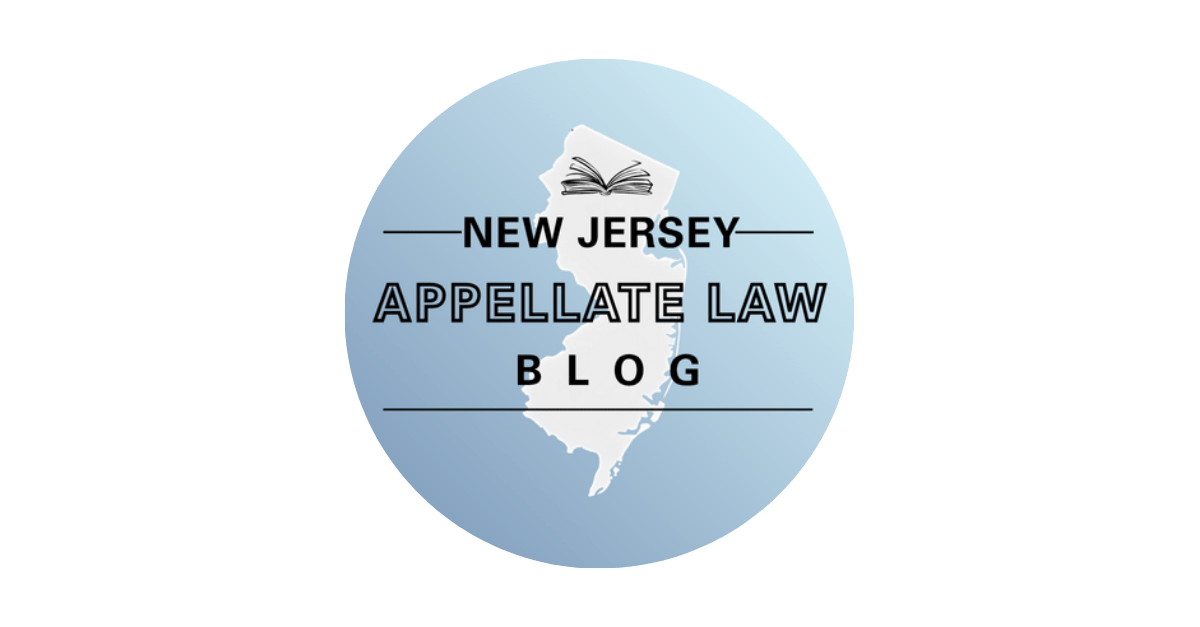Pine Ridge Realty Associates, LLC v. A.O., ___ N.J. Super. ___ (App. Div. 2026). One might think that there are no novel legal issues in landlord-tenant law. Today's opinion by Judge Bishop-Thompson shows the error of that belief....
While this blog was on hiatus for much of January, the Appellate Division was in high gear, issuing thirteen published opinions. Here are summaries of some of those opinions:...
Due to a confluence of factors, the most recent post on this blog was in the first week of January. This post, and others to follow, will catch up with the activities of our appellate courts for the rest of January....
On Thursday, January 8, judges on the Appellate Division's Part C will hear oral argument in eighteen consolidated cases, the first listed one captioned Tabei v. Bally's Park Place, LLC. Each of the cases was brought under the New Jersey Law Against Discrimination, alleging that plaintiffs were discriminated against, based on their ages, in Bally's' hiring of bartenders for a new bar, the "Boardwalk Saloon." Plaintiffs appeal a summary judgment for defendants in all cases....
The last two weeks have seen no Supreme Court opinions. But the Appellate Division published three opinions, two of them in the criminal realm and one civil appeal. Here are summaries, to close out 2025:...
Amato v. Township of Ocean School District, ___ N.J. ___ (2025). Yesterday's post included discussion of a per curiam affirmance by the Supreme Court. Today, the Court published another per curiam affirmance in this case. The Court affirmed "substantially for the reasons stated in Judge Puglisi's thorough and thoughtful opinion" for the Appellate Division. That decision was published at 480 N.J. Super. 239 (App. Div. 2024)....
Supreme Court opinions often extend toward the longer side. This week, however, the Court issued two opinions, both involving administrative agency actions, that were shorter than average. In neither case did more need to be said....
The Supreme Court has issued one opinion, involving a guaranty of indebtedness, and the Appellate Division one published ruling, under the Victim's Assistance and Survivor Protection Act, N.J.S.A. 2C:14-13 to -21 ("VASPA"). Here's what they were about....
On Thursday, December 4, judges on Part C of the Appellate Division will hear oral argument in Wronko v. Monmouth County Society for the Prevention of Cruelty to Animals ("MCSPCA"). The case arises under the Open Public Records Act, N.J.S.A. 47:1A-1 et seq. ("OPRA"), and the common law right of access....
The week of Thanksgiving and the week preceding it saw one Supreme Court opinion and four published rulings from the Appellate Division. Catching up, here are summaries....

